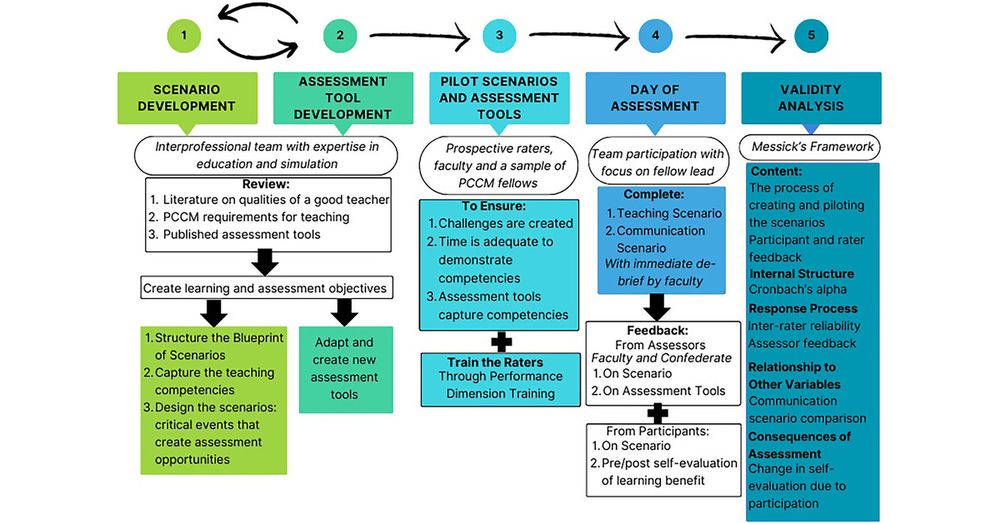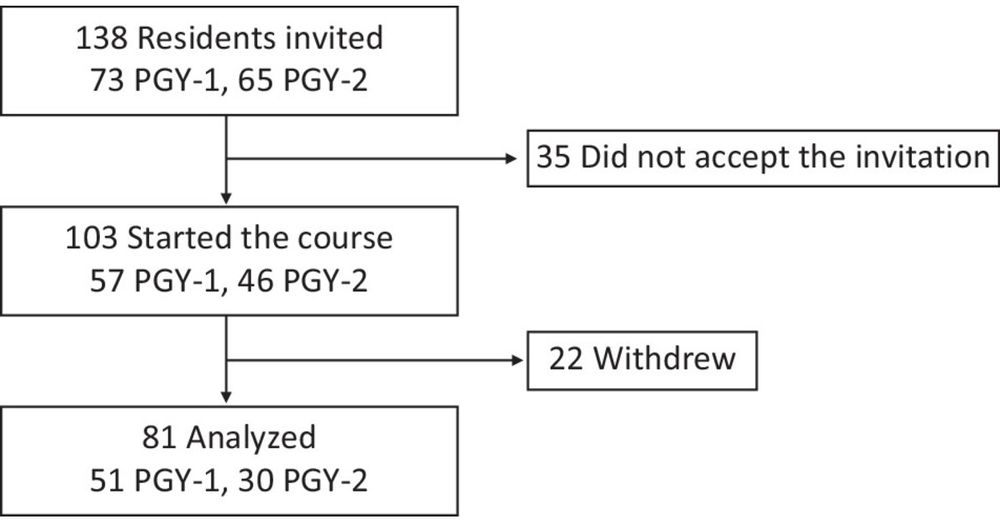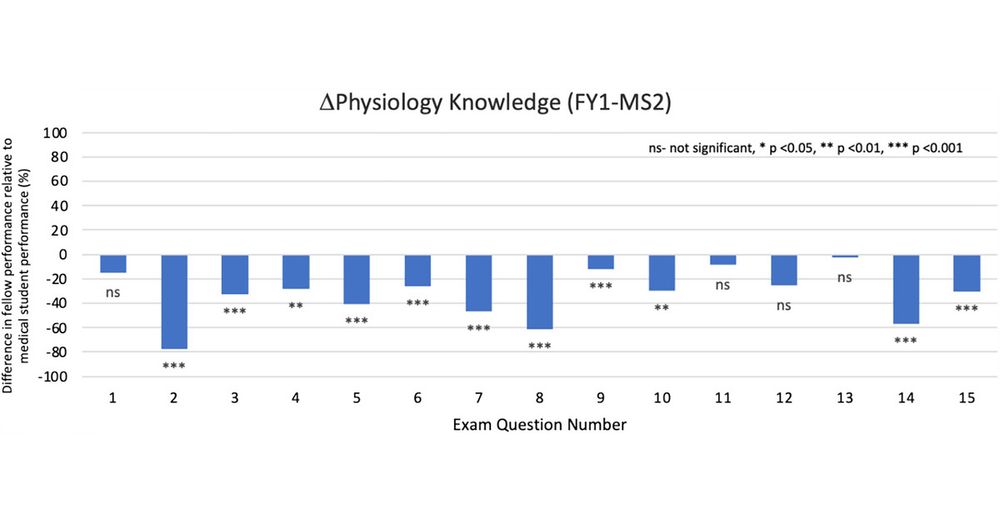ATSScholar
@atsscholar.bsky.social
900 followers
38 following
270 posts
A peer-reviewed, open-access journal focusing on #clinicaleducation, #meded, meeting proceedings, research ed, patient-focused education, & study/trial designs. #medsky
https://www.atsjournals.org/journal/ats-scholar
Posts
Media
Videos
Starter Packs
Pinned
Reposted by ATSScholar
Reposted by ATSScholar
Reposted by ATSScholar
Reposted by ATSScholar











